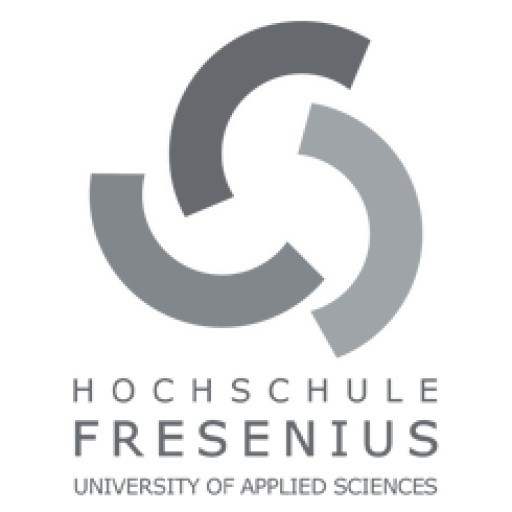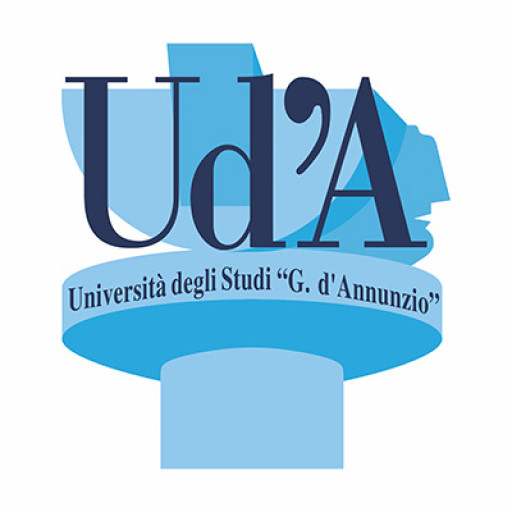Photos of university / #hsfreseniuscampus
Bio- and Pharmaceutical Analysis at Hochschule Fresenius is a comprehensive degree program designed to equip students with the essential knowledge and practical skills required for a successful career in the rapidly evolving fields of biochemistry, pharmaceutical analysis, and life sciences. This program emphasizes a strong foundation in analytical chemistry, molecular biology, and laboratory techniques, enabling graduates to work confidently in laboratories, research institutions, and the pharmaceutical industry. Throughout the course, students will engage with both theoretical concepts and practical applications, including chromatography, spectroscopy, cell culture, and quality control processes. They will also gain insights into Good Laboratory Practices (GLP) and Good Manufacturing Practices (GMP), which are critical for working within regulatory frameworks. The curriculum combines classroom instruction with hands-on laboratory work and internships, fostering an environment where students can apply their knowledge to real-world problems and prepare for the challenges of the industry. Graduates will be well-equipped to analyze biological and pharmaceutical samples, develop new analytical methods, and ensure product safety and efficacy. The program also emphasizes interdisciplinary collaboration, critical thinking, and scientific communication skills, preparing students for research roles, quality assurance, or further academic studies. With state-of-the-art laboratories and experienced faculty, Hochschule Fresenius provides an excellent environment for learning and professional development. The program is aligned with industry standards and the needs of the pharmaceutical and biotech sectors, ensuring that graduates are highly employable and capable of making meaningful contributions to healthcare, research, and development. By completing this program, students will be able to pursue diverse career opportunities in pharmaceutical companies, diagnostics, medical device companies, regulatory agencies, and research laboratories, making a tangible impact on public health and scientific progress.
Educational organisation
This MSc programme is designed using a modular approach. In brief, the programme consists of 60 ECTS credits and includes modules offering essential qualifications in the field of analytical sciences in bio- and pharmaceutical analysis, one compulsory "applied research lab" including practical work experience in the industry, and one compulsory research project culminating in a thesis.Stage One: Postgraduate Modules in Bio- and Pharmaceutical Analysis
The first stage consists of 30 ECTS credits and includes compulsory modules. This stage can be completed on a full-time (one semester) or part-time (two semesters) basis.
Stage Two: Master's degree in Bio- and Pharmaceutical Analysis
The second stage consists of the Master's thesis (one semester) worth 30 ECTS.
If your Bachelor's degree comprises less than 240 ECTS, any missing competencies can be obtained in a customised link programme (bridge course) (one to two additional semesters). For further details, please check http://www.hs-fresenius.de/en/study/school-of-chemistry-biology-pharmacy/study-paths/bio-and-pharmaceutical-analysis-msc/idstein.
Study abroad unit(s)
Although there are no compulsory units abroad, participants are encouraged to work and do research internationally as part of their module "applied research lab" and the research project leading to a thesis.Internships
A placement period is part of the programme (see above).Forms of assessment
Modules One to Three: written examinationsModule Four: participation in lab sessions/seminars, written documentation and interpretation of results of lab work, oral presentation, participation in excursions
Master's thesis
Course objectives
This Master's programme provides a research-oriented, scientific degree which qualifies students for a career in the chemical or pharmaceutical industry as well as at a chemical research institute or government agency. Students will be able to evaluate, select, and apply appropriate methods to analytical problems, and to justify their choices. Students become familiar with modern instrumental analytical equipment and advanced analytical techniques, for instance linear ion trap ESI-MS/MS, MALDI-ToF-MS, Q-ToF, or DNA sequencer. In the experimental work on which the written Master's thesis is based, students will apply the acquired knowledge in complex and multidisciplinary contexts.Language requirements
Applicants must provide proof of their English skills: TOEFL iBT 85 points, Cambridge Advanced Certificate (grade C), IELTS test 6.0, or ESP:C online course (see http://www.hs-fresenius.de/en/study/school-of-chemistry-biology-pharmacy/study-paths/bio-and-pharmaceutical-analysis-msc/idstein/full-time-master)Academic requirements
A Bachelor's degree or comparable qualification from a university or university of applied sciences within the scope of the Framework Act for Higher Education (Hochschulrahmengesetz) is required. The aforementioned degree must carry the equivalent of 240 ECTS credit points and a grading of 2.4 (B-) or better and/or a standard period of study of at least four years (see: Where to apply).Missing competencies can be obtained through a specially designed bridging course offered at Fresenius University of Applied Sciences.
Enrolment fees
- Administration charges for admission procedures: 650 EUR (non-EU citizens)
- Students' Union fees/semester ticket: 130 EUR per semester (please check homepage). The fee includes a semester ticket covering public transport in the Rhine-Main region.
Costs of living
General estimates for minimum monthly living expenses range from 650 to 700 EUR (source: DAAD).Job opportunities
In general, EU citizens are not subject to any limitations for employment in Germany and are treated legally as German citizens. Exceptions to this rule are students from the new entries to the EU (Estonia, Latvia, Lithuania, Poland, Slovakia, Slovenia, the Czech Republic, Hungary and Croatia), who need a work permit for employment and should consult their local German Embassy for detailed information.Non-EU nationals are subject to employment regulations according to the individual country and should also consult their local German Embassy for detailed information.
Arrival support
An orientation programme for students of the MSc programme will be held prior to the start of the academic semester. During the orientation sessions, students will be provided with detailed practical information on studying and student life at Fresenius University of Applied Sciences. Furthermore, they will have the opportunity to meet key members of staff. There will also be social events that will enable students to meet other students.Services and support for international students
Each student will receive a special service package and individual assistance from the MSc Programme Office.In addition, a buddy programme is in place at Fresenius University of Applied Sciences which is designed to help new international students meet other students quickly and easily at the beginning of the programme.










